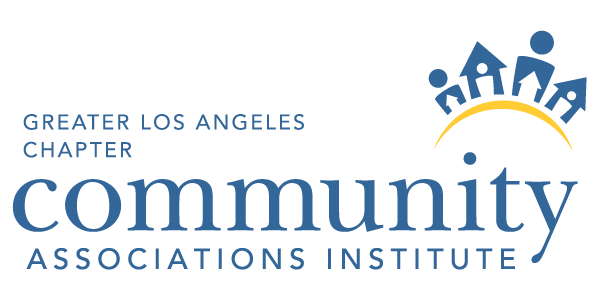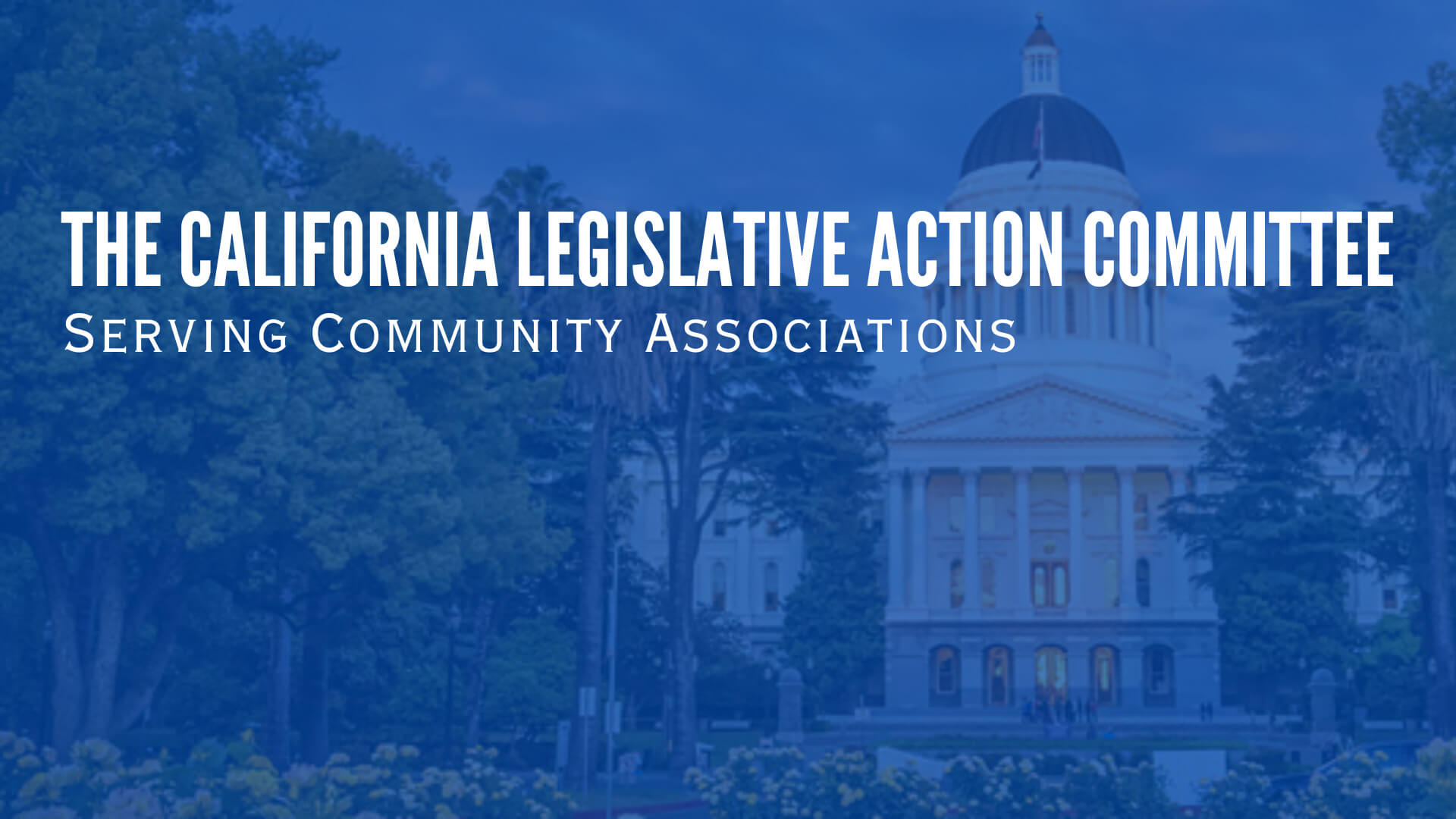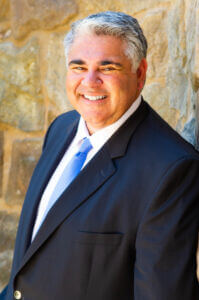CAI and CLAC Continue Efforts to Improve Operations for California Community Associations
By Robert M. DeNichilo, Esq., CCAL, Managing Partner, Nordberg|DeNichilo, LLP
After two straight years of significant success in advancing legislation on behalf of California’s Community Associations, CAI’s California Legislative Action Committee (CLAC) 2024 agenda seeks to continue simplifying and improving operations for California’s community associations.
We are well into the 2024 legislative session, and the bill introduction deadline has passed. While bills can still be amended, as of the writing of this article, no bills have been introduced that would make operations significantly more difficult for community associations. For its part, CLAC is working on several bills that will continue to improve the election process and make balcony inspections a bit easier to complete.
CLAC is currently working on three pieces of legislation it hopes to get passed in 2024. The first, AB 2114, will make completing balcony inspections required under Civil Code section 5551 easier by adding civil engineers to the list of professionals who can complete the inspections and provide the required report to the Association. Having another category of professionals who can conduct and complete the inspections and provide the required reports will expand the scope of potential options to complete the inspections. Given the significant number of associations that have yet to complete the required inspections, this will provide some relief in getting the inspections scheduled.
The second bill CLAC is working on is AB 2159, which will address one of the most requested changes to association elections. The bill seeks to allow the use of electronic balloting for association elections. If passed, this will dramatically lower the costs of elections, especially for larger associations, and significantly simplify the process of voting and tallying the votes. It will also likely increase member participation in association elections as it will be easier for members to vote electronically rather than fill out and return a ballot using the double-envelope secret ballot process.
Lastly, CLAC is working on AB 2460 to clean up the language and clarify the quorum reduction process that was added to Civil Code section 5115 in 2023. The bill will seek to clarify who makes the determination to reconvene the meeting at which quorum will be reduced. It will also clarify what will control between the statute’s 20% quorum or any reduced quorum stated in the association’s bylaws.
On a federal level, CAI National is working on addressing the impact of the Corporate Transparency Act on community associations. It is CAI’s position that community associations were never intended to fall within the reporting requirements of the act. CAI is seeking to exempt community associations from the act’s reporting requirements. Under the Act, associations and all other entities formed by filing a document with a state Secretary of State are required to submit a Beneficial Ownership Report (BOIR) by the end of 2024. Entities with over 20 employees or over five million dollars in gross sales or receipts are exempt from the reporting requirement. The report can be filed online at boiefiling.fincen.gov.
CLAC is made up of volunteers who strongly believe in having a voice in shaping the legislation that impacts our industry. Please consider signing up for CLAC’s newsletter so that you can be informed of pending legislation and participate in CLAC’s grassroots calls to action campaigns. In addition, please consider having your association support CLAC through the Buck-a-Door program. You can get more information on both options by visiting CLAC’s website, CAICLAC.org.
Robert M. DeNichilo is the managing partner of Nordberg|DeNichilo, LLP, and represents community associations across California as corporate counsel. Robert has served on CLAC for over a decade and is a delegate from the Orange County Regional Chapter of CAI.


 Robert M. DeNichilo is the managing partner of Nordberg|DeNichilo, LLP, and represents community associations across California as corporate counsel. Robert has served on CLAC for over a decade and is a delegate from the Orange County Regional Chapter of CAI.
Robert M. DeNichilo is the managing partner of Nordberg|DeNichilo, LLP, and represents community associations across California as corporate counsel. Robert has served on CLAC for over a decade and is a delegate from the Orange County Regional Chapter of CAI.